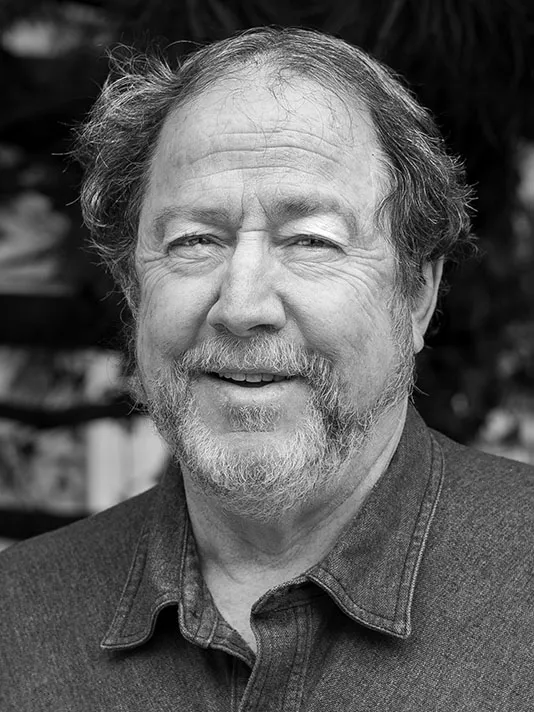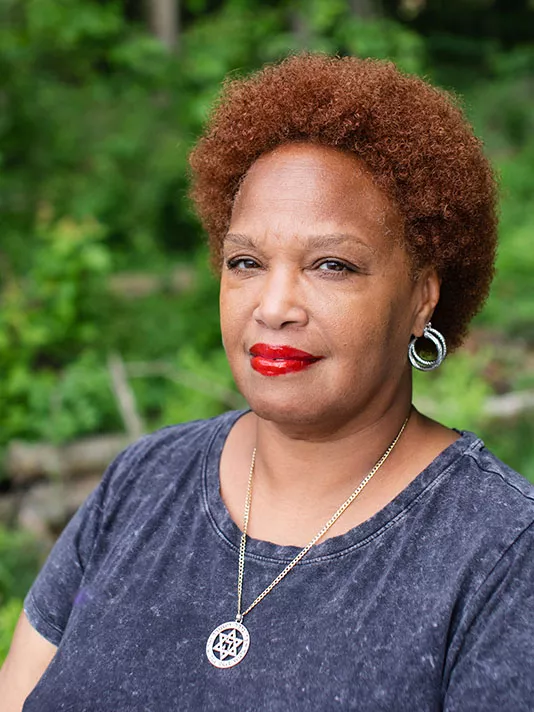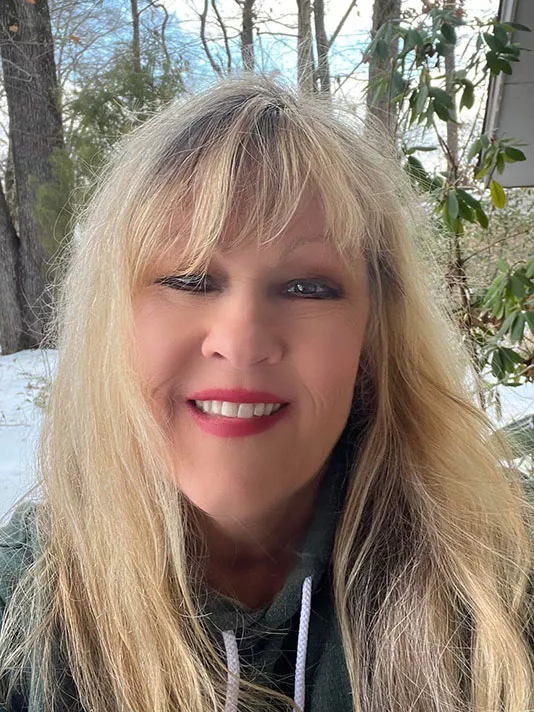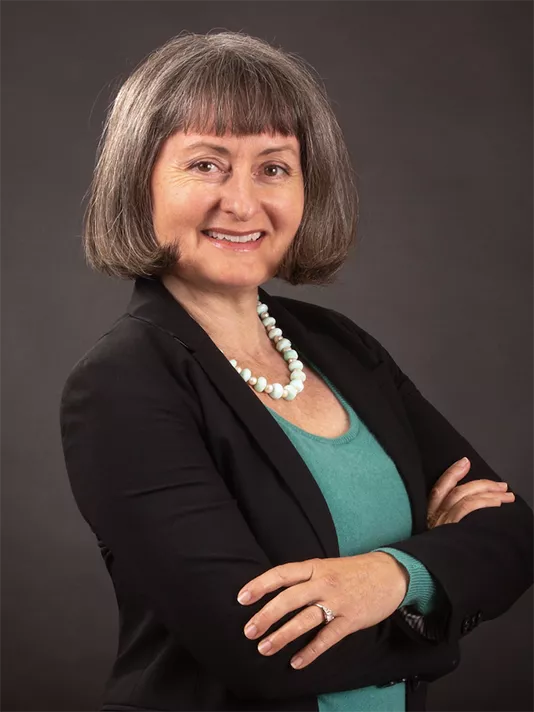Question 8

|
Clayton Daughenbaugh
Clean energy along with all things wild (land, water, critters, plants). Climate scientist Katharine Hayhoe has succinctly summed up our situation: “Climate change presents a threat to the future of human civilization; the biodiversity crisis presents a longer-term threat to the viability of the human species.” It’s about survival of ourselves and our common home. The Sierra Club’s priorities of renewables and protecting 30% of the United States lands and waters by the year 2030 are right on point. My background will enable me to help assure out protection efforts will hold up their half of the bargain. We need to protect wilderness – big, connected, free – where it remains and we need alternative forms of protection where the other than human homes on our planet are fragmented and more heavily impacted. We need to stop the incremental expansion of human dominance into new places. We need to end the rule of fossil fuel corporations and promote a clean energy economy that is built close to home where oppressed and excluded communities are safe and empowered by control of their energy sources and connected across communities to assure resilience. |

|
Princess Washington
Due to limited resources, specific environmental issues I would focus on would be open space preservation, water protection, clean energy, and increasing protection for animal populations. These core issues are the foundation of the Sierra Club and can be expanded upon without reinventing the wheel. For example, we just celebrated the 50th anniversary of the Endangered Species Act, 1.5 million acres of public lands were conserved under President Biden, plus the cancellation of all oil & gas leases in the Arctic. These are all major recent victories that can be continued through political strategy versus head-to-head costly litigation. These new victories, along with countless prior ones, can be referenced and repurposed to continue to build and expand upon without the high start-up costs associated with a new frontline battle. However, these issues still require funding and we can use the positive progress as a tool to not only raise awareness, but increase our donation funding as the environmental champions who made these victories possible. |

|
David Karpf
The two immediate priorities are the climate crisis and the crisis of electoral democracy. The Sierra Club’s entire theory-of-change is premised upon a functional liberal democracy. If the U.S. tumbles into authoritarianism, we are incapable of achieving our broader environmental goals. And, if we don’t succeed in both helping to chart the path for a just transition to a clean energy future, and accelerating the pace of that transition, then all our other work will eventually be rendered moot. |

|
Erica Hall
Focusing on natural resources, especially when looking at priority areas regionally. Fossil fuels, sea level rise, clean energy, equity, and looking at the environmental landscape of our members and communities. Having an asset mapping audit completed will help determine geographically and regionally where the specific environmental issues and priority areas that we should focus on. That will also help us determine the costs and risks of where our priorities should be. |

|
Karl Palmquist
One of the Club’s focus areas has been its energy work. It is critical that we prioritize our goals of creating a just and equitable transition from fossil fuels toward a clean energy future. I would also harken back to the Club’s past and prioritize our conservation work, tying this to our outings program. I would expand the mindset of conservation to include agricultural and urban areas, working to increase the Club’s role in more holistically assessing environmental decay. With the above goals in mind, I think it is incredibly important that the Club prioritize its political work and elect representatives who care about the environment. One of the core strengths of the Sierra Club has long been its grassroots power. Volunteers have a strong desire to involve younger Sierrans in their work. The Club needs to focus on bringing youth into the organization, both to ensure that the organization has a sustainable volunteer base and to allow for mutual learning opportunities between younger and older members. Before I joined the Executive Committee of the NYC Group, there were no active volunteer leaders under the age of 30. Since I joined, I have cultivated a culture where half the Group Executive Committee now falls in this category, while also expanding our active members more generally and retaining existing members. As we work to address the environmental issues listed above, working to build and diversify our volunteer base in an equitable and sustainable manner is critical to achieving these goals. |

|
Nancy Muse
With the growing number of environmental issues, choosing prioritized areas can be overwhelming. As a Board member, I would focus on climate change as the single most important issue facing the planet and all life thereon. To avoid continued warming and natural systems collapse, it is imperative that all sources of greenhouse gas emissions —including agriculture—be identified and swift action be taken to reduce such emissions. A related area of focus, which deserves dedication of Club resources, is deforestation caused by logging, urban sprawl, agriculture, and wildfires mainly due to climate instability. Another area related to climate change involves the nuclear industry’s push of Small Modular Reactors (SMRs), which are vulnerable to sabotage, terrorism and human-error accidents. As nuclear wastes continue to buildup, SMRs pose an environmental threat of great proportion through generation of high-level radioactive nuclear waste for which there is no long-term solution. Investment in the troubled nuclear industry serves to stall the transition to a safer renewable energy economy. As a Board member I would prioritize the Sierra Club 2030 Strategic Plan goals and vision with a firm commitment to 100% clean energy for all. In addition to connecting with grassroots priorities, I would encourage and engage in a deep analysis of data which holds the facts upon which conclusions are drawn and campaigns are formed. It is especially important for the Sierra Club to understand and be guided by sound science which requires that information used in decision making be data-informed. |

|
Meghan Sahli-Wells
In alignment with our 2030 Strategic Vision, ending fossil fuels and ensuring workers have a pathway to family-sustaining jobs in clean energy is my passion, and the focus of my professional work and a lot of my Sierra Club activism. I dream of building a new energy paradigm where communities are not sacrificed but supported with benefits, protections, clean air, soil and water, and a thriving non-extractive economic base. Removing harmful fossil fuel infrastructure is a critical part of our work with frontline, environmental justice communities, while also reducing planet-warming emissions that are driving the climate catastrophe. This is where my local, statewide, and national work intersect. Beyond my personal priorities, I work to ensure Sierra Club positioned to raise the resources needed for our many critical and intersecting priorities to solve the climate crisis, including clean water, clean air, clean energy, healthy soil, zero waste, preservation and protection of public lands and species, ensuring outdoors access for all, environmental justice, and our democracy work, to name a few. This is why I have focused on good governance and fiscal management to prime our organization to succeed in all our collective work. |